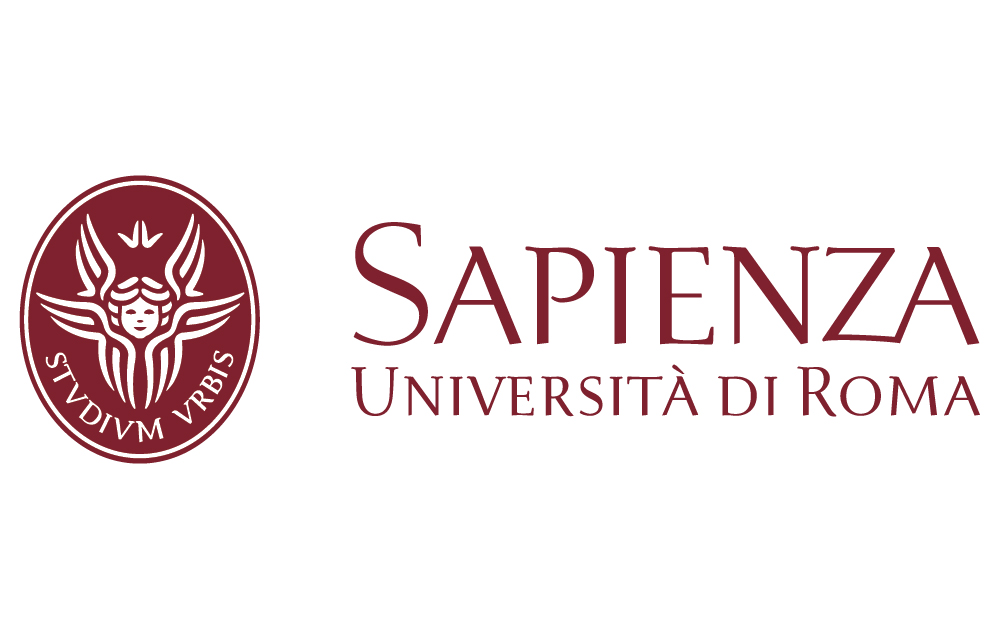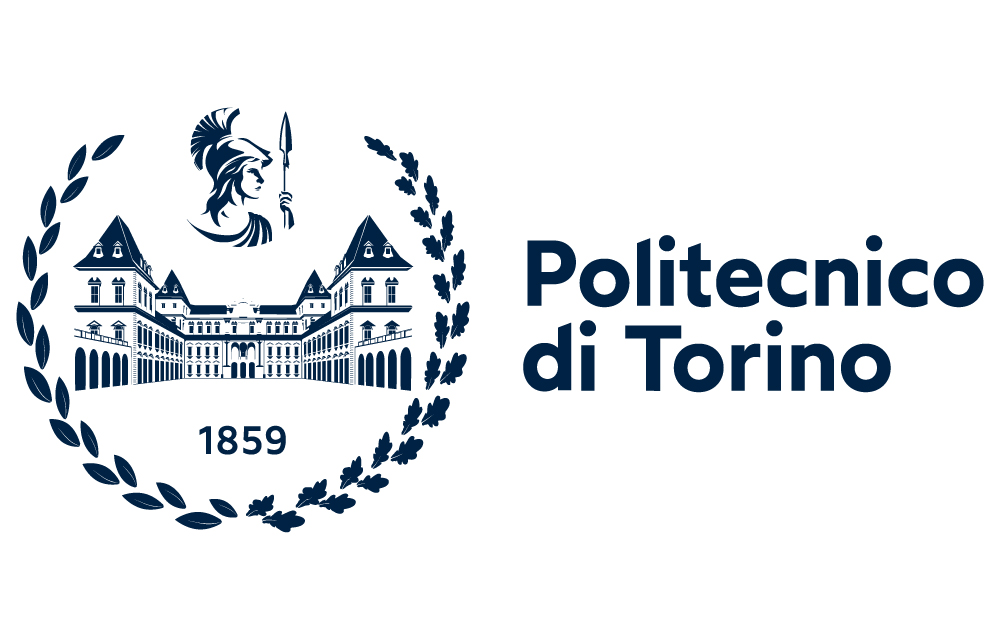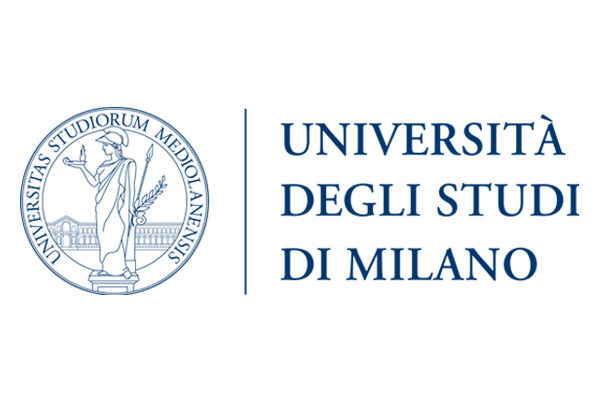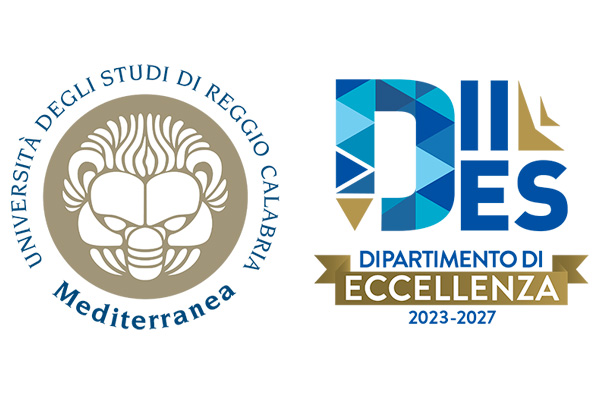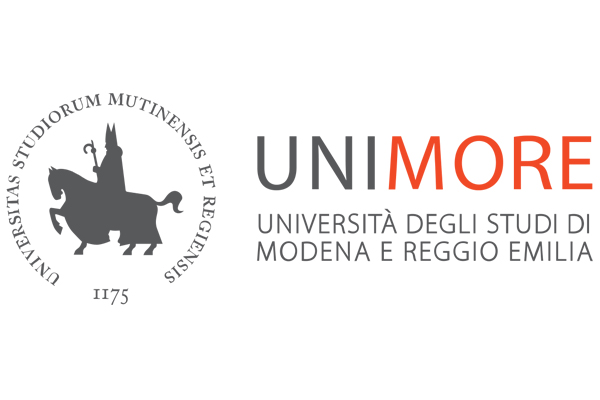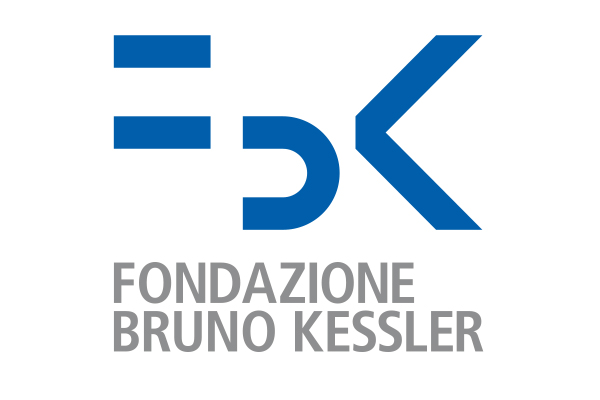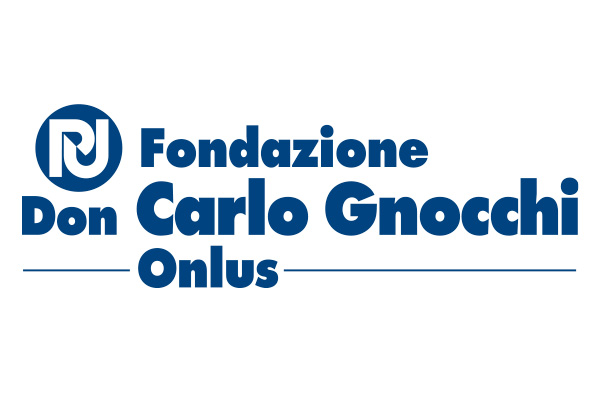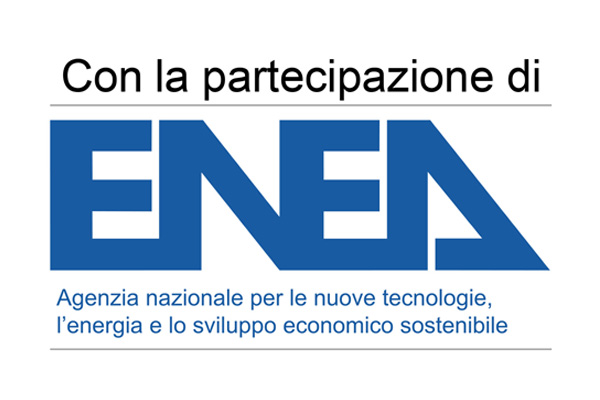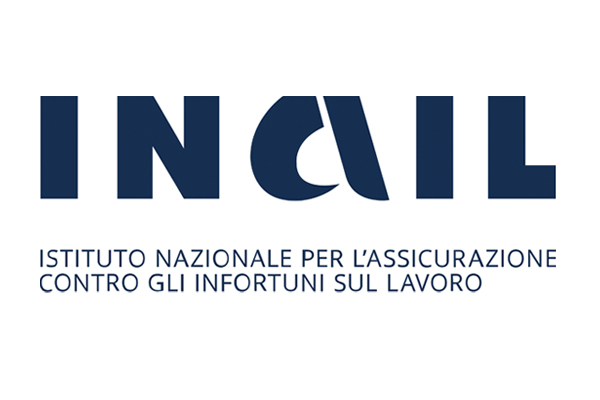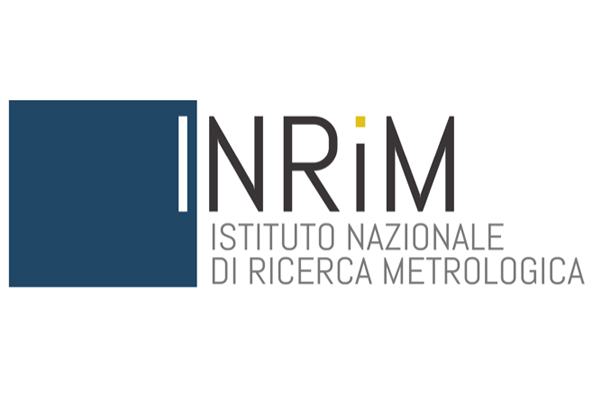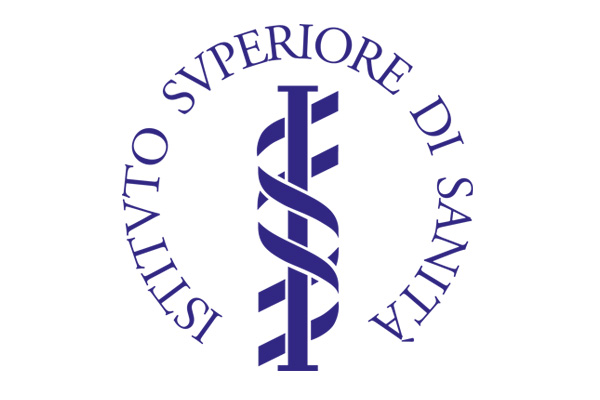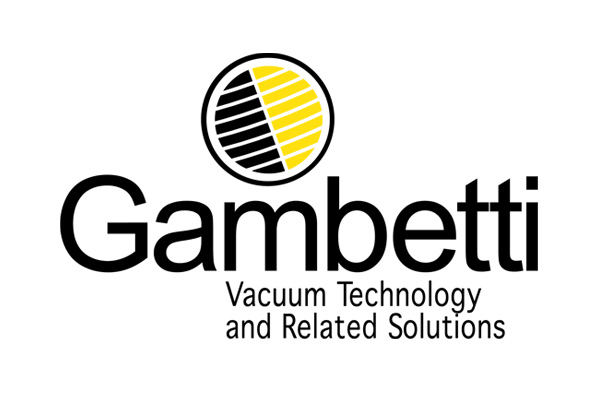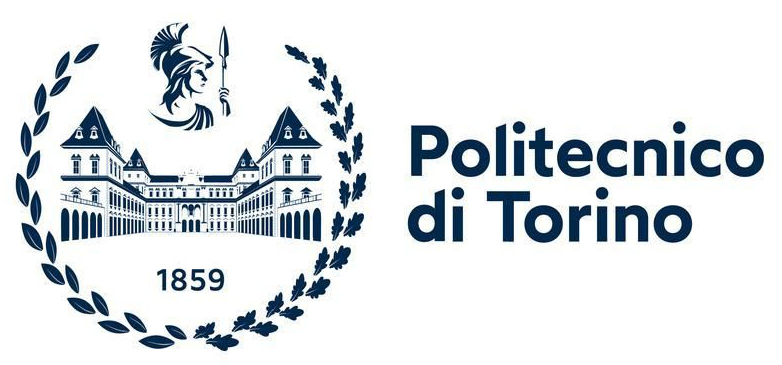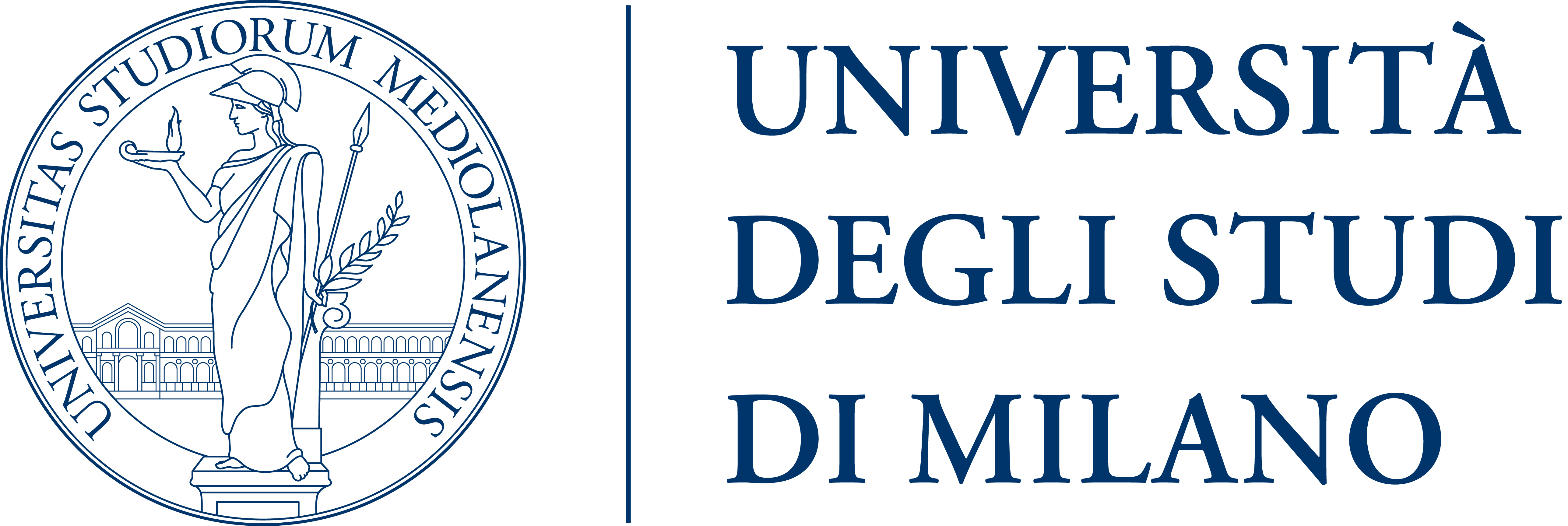updated on July 4, 2024
| September 11 | ||||||||
| 09:00 - 10:30 The role of H2 in the energy transition from production to use WS.II.1 - TT.I.E |
||||||||
| Co-organized with Polytechnic University of Turin Chair: Giulia MASSAGLIA, Polytechnic University of Turin |
||||||||
| Europe transition to a decarbonized energy system started in 2015, with the ratification of the Paris Agreement, and is set to transform the energy market, revolutionizing energy generation, distribution, storage and consumption. In this landscape, hydrogen from renewable sources will play an enabling role and related technologies, primarily electrolyzers and fuel cells, are set to take center stage in the energy market. To date, activity is aimed, on the research front, at untangling existing knots to maximize system performance, and on the industrial front, at actively promoting the development of production and supply chains capable of supporting a fast-growing market. The symposium aims to provide tools to appreciate the fundamental role of hydrogen as an energy carrier for decarbonization. The complexity of the challenge on the industrial front and the prospects for its use in different sectors will be described. The complexity of the industrial challenge goes hand in hand with a great deal of scientific interest that aspires to provide the tools needed especially for the optimization of catalysis systems. | ||||||||
| WS.II.1.1 TT.I.E.1 |
to be defined |  |
||||||
| WS.II.1.2 TT.I.E.2 |
to be defined |  |
||||||
| WS.II.1.3 TT.I.E.3 |
to be defined |  |
||||||
| WS.II.1.4 TT.I.E.4 |
to be defined |  |
||||||
| 11:30 - 13:00 Environmental and Energy Solutions: Sustainable Bio-based Processes and Technologies WS.II.2 - TT.II.E |
||||||||
| Co-organized with Polytechnic University of Turin Chair: Nicolò VASILE, Polytechnic University of Turin |
||||||||
| Facing the urgent challenges of global environmental changes and the depletion of fossil fuels, the "Environmental and Energy Solutions: Sustainable Bio-based Processes and Technologies” symposium represents a critical forum for the exploration of renewable and bio-based processes in order to address sustainable energy solutions and production of high-value products. These discussions underscore the critical need to reduce our reliance on fossil fuels and move towards energy sustainability. The event is set to showcase the advancements in bio-based technologies, offering a forum for leading researchers, industry experts, and policymakers to share insights into bio-based technologies for the utilization and valorization of waste – both agricultural and industrial residues into biomasses, enabling to obtain valuable products and energy carriers like biofuels and biogas. The symposium will explore innovative bioconversion processes, including the sustainable utilization of algae and gas-fermenting microorganisms to transform agricultural and industrial residues, as wastewater and gas flows, into valuable products and energy carriers such as biofuels, biogas, bioelectricity and other bio-based products. Central to our discussion will be the environmental benefits of integrating capture and valorization strategies into bio-based energy systems and production technologies, thereby contributing to the circular economy and reducing environmental impacts. The event will delve into describing various possibilities to optimize biochemical and thermochemical conversion techniques, synthetic biology, and genetic engineering to enhance the efficiency and sustainability of bioenergy and bioproducts production. This collaborative and multidisciplinary exploration seeks to advance our understanding of bio- based processes and technologies as key drivers for a sustainable and resilient energy future, emphasizing their significant role in achieving energy sustainability and environmental stewardship. The symposium aims to catalyse a collective movement towards a renewable, bio-based energy future, balancing our planet's ecological systems and ensuring a resilient energy supply. | ||||||||
| WS.II.2.1 TT.II.E.1 |
to be defined |  |
||||||
| WS.II.2.2 TT.II.E.2 |
to be defined |  |
||||||
| WS.II.2.3 TT.II.E.3 |
to be defined |  |
||||||
| WS.II.2.4 TT.II.E.4 |
to be defined |  |
||||||
| 14:00 - 15:30 Nanotechnologies for Sustainable Separation: From CO2 Capture to Resource Recovery WS.II.3 - TT.III.E |
||||||||
| Co-organized with Polytechnic University of Turin Chair: Sergio BOCCHINI, Polytechnic University of Turin |
||||||||
| The session will show the latest advancements in nanotechnology, specifically its role in enhancing the sustainability and efficacy of separating small molecules: the discussion extends beyond CO2 capture, encompassing various separation processes crucial for environmental progress. Metal- organic frameworks (MOFs) and other nanomaterials with exceptional properties like high surface area and tunable pores hold immense promise. These materials enable targeted capture and separation of valuable molecules from diverse mixtures, such as CO2 from flue gas or lithium from brines. The symposium will showcase how these nanotechnologies not only optimize capture processes but also achieve highly selective separations, emphasizing their contribution to a sustainable future. A central theme will be the environmental benefit of integrating these advanced materials into existing systems. By facilitating efficient capture and separation processes, these innovations can enable, for instance, the sustainable recovery of critical resources like lithium. This aligns with the goals of a circular economy and reduces environmental footprints. | ||||||||
| WS.II.3.1 TT.III.E.1 |
to be defined |  |
||||||
| WS.II.3.2 TT.III.E.2 |
to be defined |  |
||||||
| WS.II.3.3 TT.III.E.3 |
to be defined |  |
||||||
| WS.II.3.4 TT.III.E.4 |
to be defined |  |
||||||
| 16:00 - 17:30 Impacts of Energy Transition WS.II.4 - TT.IV.E |
||||||||
| Co-organized with Polytechnic University of Turin Chair: to be defined |
||||||||
| The energy transition, while predominantly driven by technological advancements, encompasses a broader scope that significantly impacts architecture, urban planning, and the redevelopment of urban areas. It necessitates the creation of sustainable communities and environments that foster innovation and facilitate technology transfer, exemplified by technology parks. This multifaceted approach aims to integrate renewable energy solutions within urban infrastructures, promoting energy efficiency and sustainability. Architectural designs are evolving to incorporate green technologies, while urban planning is increasingly focused on reducing carbon footprints and enhancing livability. Redeveloping urban areas involves transforming existing structures and spaces into eco-friendly habitats, aligning with the principles of sustainability. Technology parks play a crucial role in this transition by serving as hubs for innovation, where cutting-edge research and development in energy technologies can thrive. Collectively, these efforts are essential for a successful energy transition, ensuring a balanced interplay between technological progress and sustainable urban development. The session will explore the impacts of the energy transition on urban development, highlighting a successful example of integrating sustainability concepts into building design. By adopting sustainable practices in building design, projects can yield significant environmental, economic, and social benefits, positively impacting all stakeholders, including owners and workers. Urban redevelopment plays a crucial role in transforming cities into sustainable and livable environments that not only implement energy transition concepts but also foster research and innovation. The role of technology parks concept will be discussed alongside their possible implementation in the contest of urban redevelopment. | ||||||||
| WS.II.4.1 TT.IV.E.1 |
to be defined |  |
||||||
| WS.II.4.2 TT.IV.E.2 |
to be defined |  |
||||||
| WS.II.4.3 TT.IV.E.3 |
to be defined |  |
||||||
| WS.II.4.4 TT.IV.E.4 |
to be defined |  |
||||||
| September 12 | ||||||||
| 09:00 - 10:30 Turning Carbon Challenges into Opportunities: CO2 Reduction to Value-added Products WS.II.5 - TT.V.E |
||||||||
| Co-organized with Polytechnic University of Turin Chair: to be defined |
||||||||
| In recent years, the imperative to address anthropogenic CO2 emissions and their impact on global climate has fueled a significant transition towards renewable energy sources, with the goal of reducing dependence on fossil fuels. However, with conventional fuels persisting in the short-to- medium term, the need arises for strategies to offset CO2 emissions. Electrochemical reduction of CO2 (CO2 RR) presents itself as a compelling avenue within this context. In CO2 RR, the advancement of high-performance electrocatalysts is crucial. These catalysts must maintain a delicate equilibrium between selectivity, stability, efficiency, and cost-effectiveness while upholding environmental sustainability. Comparing theoretical modeling and operando measurement techniques is imperative for refining catalysts. By synergizing these complementary approaches, electrocatalysts can be finely tuned, ensuring optimal performance across various operational conditions. | ||||||||
| WS.II.5.1 TT.V.E.1 |
to be defined |  |
||||||
| WS.II.5.2 TT.V.E.2 |
to be defined |  |
||||||
| WS.II.5.3 TT.V.E.3 |
to be defined |  |
||||||
| WS.II.5.4 TT.V.E.4 |
to be defined |  |
||||||
| 11:30 - 13:00 Impacts of Energy Transition on the Urban Environment WS.II.6 - TT.VI.E |
||||||||
| Co-organized with Polytechnic University of Turin Chair: Maria FERRARA, Polytechnic University of Turin |
||||||||
| Despite covering only 2% of the Earth's surface, cities serve as pivotal hubs of human civilization, concentrating population, economic activity, and cultural exchange and contribute significantly to energy consumption and related GHG emissions. Addressing the energy and ecological transition in cities is crucial, aligning with recent EU policies. The building sector, encompassing residential, industrial, and commercial domains, is particularly significant, contributing up to 50% of current GHG emissions in European cities. The symposium aims to provide insights on the current EU targets and ongoing initiatives towards decarbonization of cities. The path towards decarbonization of the built environment enabled by emerging technologies will be explored, from architectural materials for regenerating urban environments and reducing buildings’ energy demand to the energy generation, distribution, and storage components for maximizing the efficiency of energy systems and renewable energy exploitation. Additionally, the challenges of deep building renovation, urban space regeneration, decarbonization and electrification of building energy systems and establishment of renewable energy communities will be explored not only analyzing technical aspects but also considering their political, legal, and social implications. Speakers from diverse academic, municipal, and industry backgrounds will provide contributions, also building on experiences gained by cities that are currently involved in the EU Mission “100 Climate Neutral Cities” by 2030, facilitating informed decision-making and fostering collaboration among stakeholders. | ||||||||
| WS.II.6.1 TT.VI.E.1 |
to be defined |  |
||||||
| WS.II.6.2 TT.VI.E.2 |
to be defined |  |
||||||
| WS.II.6.3 TT.VI.E.3 |
to be defined |  |
||||||
| WS.II.6.4 TT.VI.E.4 |
to be defined |  |
||||||
| 14:00 - 15:30 Novel Strategies for Energy Harvesting WS.II.7 - TT.VII.E |
||||||||
| Co-organized with Polytechnic University of Turin Chair: Stefano STASSI, Polytechnic University of Turin |
||||||||
| The quest for sustainable energy sources has prompted a surge in research into novel strategies for energy harvesting. From advancements in photovoltaic technology to the harnessing of ambient or human vibrations and thermal differentials, different methodologies are explored. Furthermore, the integration of nanotechnology and flexible electronics opens new frontiers, enabling energy harvesting from previously untapped sources. Additionally, the fusion of multiple energy harvesting techniques and the development of smart, adaptive systems showcase the potential for enhanced energy autonomy in various applications, from IoT devices to remote sensors. The aim of the symposium is to provide an overview of some advanced research trends in the field of small scale energy harvesting technologies that offer promising avenues for efficient power generation. Through this exploration, the topic highlights the transformative potential of novel energy harvesting strategies in shaping a sustainable energy landscape for the future. | ||||||||
| WS.II.7.1 TT.VII.E.1 |
to be defined |  |
||||||
| WS.II.7.2 TT.VII.E.2 |
to be defined |  |
||||||
| WS.II.7.3 TT.VII.E.3 |
to be defined |  |
||||||
| WS.II.7.4 TT.VII.E.4 |
to be defined |  |
||||||
| Common Symposium of Polytechnic University of Turin | University of Milan |
||||||||
| 16:00 - 17:30 Life-cycle Assessment (LCA) and Safe and Sustainable-by-Design (SSbD) WS.II.8 - TT.VIII.A - WS.IV.4 |
||||||||
| Co-organized with Polytechnic University of Turin & University of Milan Chairs: Chairs: Marzia QUAGLIO, Polytechnic University of Turin & Claudia Letizia Maddalena BIANCHI, University of Milan |
||||||||
| The global shift towards sustainable energy systems necessitates comprehensive methodologies for evaluating environmental impacts and ensuring safe and sustainable development. This symposium integrates Life Cycle Assessment (LCA) and the Safe and Sustainable by Design (SSbD) framework within the context of the energy transition. LCA offers a robust approach to quantifying the effects on environments associated with energy technologies across their entire lifecycle—from resource extraction through to disposal. In addition to environmental consideration, a comprehensive evaluation of the impact of novel technologies must also consider the social dimension. Social Life Cycle Assessment (S-LCA) methodologies are promising tools for the evaluation of the social impact of technologies, products and services, through qualitative and semi-quantitative approaches. The afore-mentioned life cycle assessment methodologies are crucial for the design, development and production of clean, sustainable and safe chemical and materials. The SSbD framework emphasizes the proactive design of energy systems and technologies to minimize environmental harm, enhance safety, and ensure compliance with sustainability goals. This symposium focuses on state-of-the-art strategies for the assessment of environmental and social impacts, highlighting benefits and limitations of the current approaches through the presentation of case studies. Key findings underscore the importance of interdisciplinary collaboration and continuous innovation for the development of reliable assessment methodologies, which will serve as guidelines for the design of safe and sustainable innovative material sand technologies. | ||||||||
| WS.II.8.1 TT.VIII.A.1 WS.IV.4.1 |
Valentino CAPUCCI Graniti, Fianders Industrial transition toward H2 to limit CO2 emissions |
 |
||||||
| WS.II.8.2 TT.VIII.A.2 WS.IV.4.2 |
Giulia CORRADINI Graniti, Fianders Title to be defined |
 |
||||||
| WS.II.8.3 TT.VIII.A.3 WS.IV.4.3 |
Arian GRAINCA University of Milan Advancing Sustainability in Hydrocarbon Production: Breakthroughs in CO2 Hydrogenation with Iron-Based Catalysts and Comprehensive Life Cycle Assessment of Environmental Impacts |
 |
||||||
| WS.II.8.4 TT.VIII.A.4 WS.IV.4.4 |
Vasilissa NIKONOVA University of Salerno Method Matters: Exploring Assessment Variability in Carbon Footprint Analysis of Building Materials |
 |
||||||
| WS.II.8.5 TT.VIII.A.5 WS.IV.4.5 |
Serena BIELLA University of Milan ESG/Carbonfootprint |
 |
||||||
| Back to Overview | Go to Plan 11 September | ||
| Go to Plan 12 September | |||

